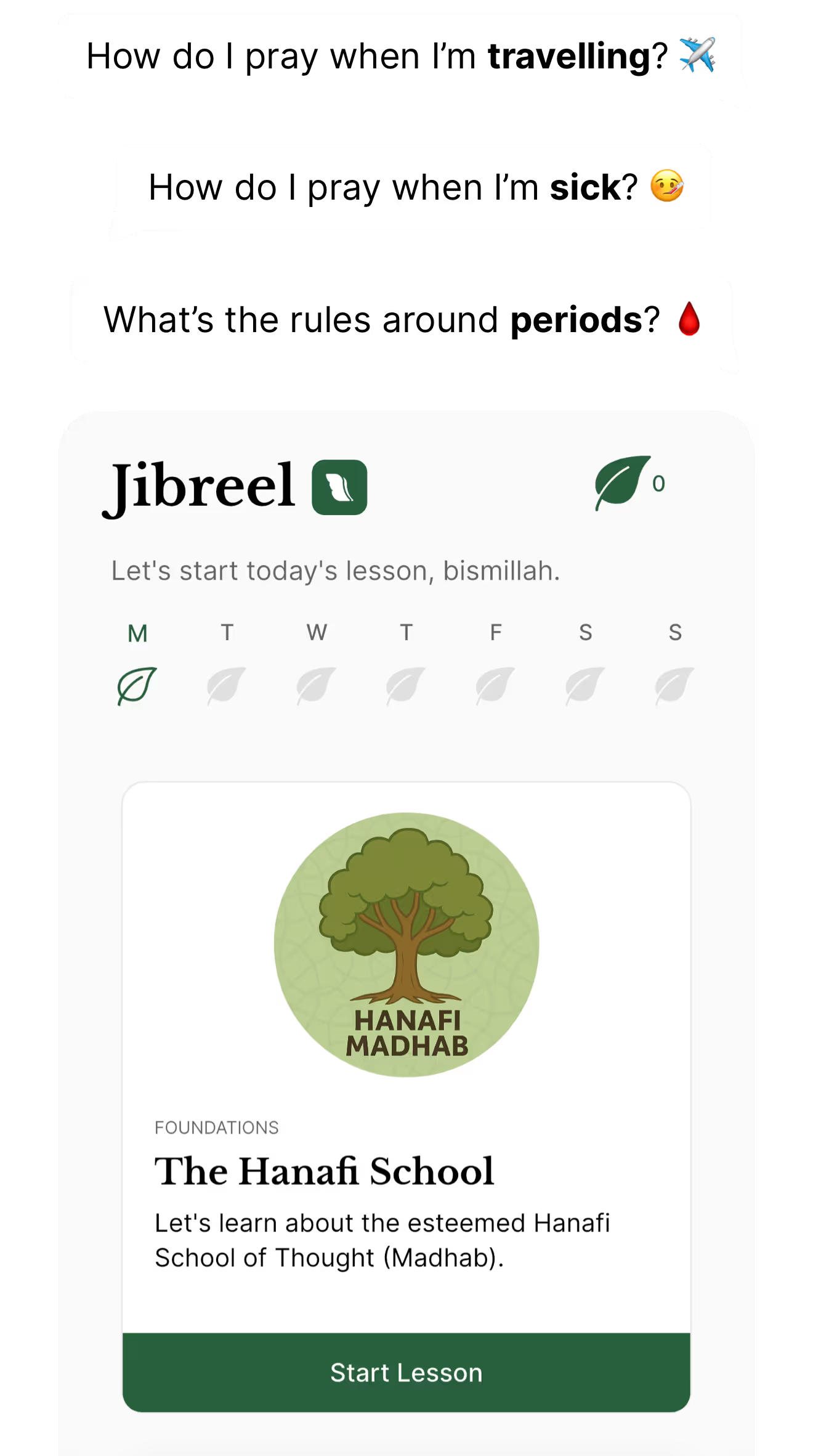What Does “Maghrib End Time” Mean in Practice?
Maghrib time starts at sunset.
Maghrib time ends once the red twilight (the reddish band after sunset) has vanished from the sky. Isha time starts immediately at that point.
- Maghrib Start: Sunset
- Maghrib End: Disappearance of red twilight (shafaq)
- Next prayer: Isha begins as soon as the red twilight is gone
Tip: Because clouds, light pollution, and local horizons differ, use a reliable timetable or prayer app. The scholar’s guidance also notes that most Islamic apps are accurate, but every Muslim should still know the basic principles of prayer timings (as it is part of your fard ayn). You can learn your fard ayn (obligatory knowledge for every Muslim) with the Jibreel app.
The Best (Recommended) Time to Pray Maghrib
The recommended window is from entry until the sky fills with stars—a short period after sunset (often around ~20 minutes after entry, but not a fixed number). Praying promptly is superior, aligns with the Prophetic guidance above, and helps avoid drifting into disliked delay.
Is It Disliked to Delay Maghrib?
Yes. Delaying Maghrib until the sky fills with stars is prohibitively disliked (makruh tahriman) in the Hanafi school. Strive to pray as soon as it enters.
Exception: If you must delay due to circumstances beyond your control, it remains permissible to pray any time before Isha starts.
Recognising the End of Maghrib Without a Timetable
If you’re caught without your timetable or app:
- Face the western horizon after sunset.
- Watch for the reddish band (red twilight).
- Maghrib ends when that redness disappears; Isha begins immediately.
Because visibility can be tricky, this method is a backup, not a replacement for sound local times. The time is roughly 20 minutes after Maghrib has begun.
Are Prayer Apps and Printed Timetables Reliable?
Yes, generally. The scholar’s answer affirms that most Islamic applications (e.g. Pillars app) are correct and can be followed. Still, it’s essential to learn the principle: Maghrib ends with the disappearance of red twilight; Isha begins right then.
If you notice small differences between apps or mosques, this is likely due to valid differences in prayer calculation methodology.
Glossary of Key Terms
- Sunset (Maghrib enters): When the sun’s disc dips below the horizon.
- Twilight (Shafaq): The post-sunset glow. In this context, it refers to the redness that fades after sunset.
- Red Twilight Disappears: The moment the reddish band vanishes—Maghrib ends, Isha starts.
- Makruh Tahriman: Prohibitively disliked—avoided unless one has a valid reason.
Practical Tips to Never Miss the Maghrib Window
- Set multiple reminders for Maghrib on your phone/Jibreel app.
- Plan ahead around commute, meetings, and family routines.
- Keep wudu if you expect to be tight on time. The window for Maghrib is small so it's best to be prepared before the prayer enters.
- Know your nearest prayer space (workplace, campus, mall).
FAQs: Common Questions About When Maghrib Ends
Does Maghrib end at “Islamic midnight”?
No. Maghrib ends well before that—as soon as red twilight disappears. Isha begins immediately at this point.
Can I pray Maghrib right up until Isha begins?
Yes, if necessary. It’s valid any time before Isha starts, though delaying until the sky fills with stars is prohibitively disliked. Aim to pray promptly.
What if I prayed after Isha had already started?
If the time for Maghrib has ended, that Maghrib becomes a missed prayer (qada’). Pray it as soon as you can, and strive to be punctual going forward. If you want to learn more about Qada salah and how to do it download the Jibreel app.
Are there exceptions for travel or unavoidable circumstances?
If you’re forced to delay, praying before Isha remains permissible. Plan ahead when travelling and rely on trusted local times.
Summary: When Does Maghrib End?
- End of Maghrib: When the red twilight disappears.
- Isha begins: Immediately after that.
- Best practice: Pray soon after entry, before the sky fills with stars.
- Delaying until stars fill the sky is prohibitively disliked—only delay if you must, and still before Isha.









